Why Web Content Management Is Key to SEO Success

Introduction
Search engine optimization (SEO) has become the backbone of digital success, helping businesses attract organic traffic and grow their online visibility. While most discussions around SEO focus on relevant keywords and backlinks, the often-overlooked secret weapon is web content management (WCM). Managing your content effectively doesn’t just improve organization—it amplifies your SEO efforts in ways you may not expect.
Great content alone isn’t enough. To maximize its impact, you need to manage it strategically. Let’s explore why web content management is essential for successful SEO strategies and how it can elevate your search engine rankings.
1. Understanding Web Content Management (WCM)
Web content management involves organizing, creating, and maintaining digital content in a way that’s efficient and scalable. Content Management Systems (CMS), such as Orbitype, play a pivotal role by providing tools to:
Create and publish high-quality content quickly.
Ensure consistent formatting and structure.
Manage metadata, tags, and other technical aspects critical for SEO.
Modern platforms like Orbitype simplify these tasks, ensuring your team can focus on creating relevant content while enhancing SEO performance. Businesses that prioritize effective content management are better equipped to adapt to changing SEO trends.
2. The Intersection of WCM and SEO
Effective SEO depends on a solid foundation of content management. Here’s how WCM tools directly impact your search engine rankings:
Organized Content Structure: Search engines favor websites with a clear structure. WCM tools help ensure logical navigation and interlinking.
Metadata Optimization: Manage title tags, meta descriptions, and image alt text in one place, aligning with relevant keywords and SEO best practices.
SEO-Friendly URLs: A SEO-friendly CMS lets you create clean, keyword-rich URLs, boosting crawlability and improving SEO performance. With consistent use of SEO-friendly URLs, your site gains greater visibility to search engines.
3. Keeping Content Fresh and Relevant
Search engines prioritize fresh, up-to-date content. WCM systems streamline updates, allowing you to:
Quickly update blog posts with current trends or statistics.
Replace outdated links or resources.
Repurpose evergreen content to maintain relevance.
For example, when a trending content type or keyword emerges, a robust WCM system makes it easy to adjust without delay. These updates ensure your site continues to attract organic traffic over time.
4. Enhancing Site Speed and Performance
Page speed is a critical ranking factor for search engines, and WCM tools play a pivotal role in optimizing site performance. They help by:
Compressing large media files.
Implementing caching mechanisms.
Integrating with a Content Delivery Network (CDN) for faster access.
These improvements boost user engagement and enhance the overall user experience, aligning with SEO priorities. Consistent performance optimization is also a hallmark of effective content management.
5. Optimizing for Mobile-First Indexing
With Google prioritizing Mobile Optimization, having a mobile-friendly website is non-negotiable. WCM tools make it easy to:
Design pages with responsive design that adapts to all devices.
Preview content for mobile and desktop.
Optimize images and videos for mobile viewing.
This ensures your site meets Google’s mobile-first criteria while delivering an exceptional user experience.
6. Managing Internal Links Effectively
Internal linking guides search engines and users through your site. WCM tools allow you to:
Add links dynamically based on tags or categories.
Monitor and fix broken or outdated links.
Build logical hierarchies to improve search engine rankings.
By optimizing internal links, you ensure visitors and search engines can navigate your site with ease, boosting its visibility to search engines.
7. Monitoring Content Performance
Understanding your content’s impact is essential for refining your strategy. Many WCM tools integrate with analytics platforms, enabling you to:
Track traffic, bounce rates, and conversions.
Identify top-performing pages featuring high-quality content.
Use data to experiment with new formats and topics.
This data-driven approach keeps your SEO efforts focused and effective.
8. Automating SEO Processes
Automation streamlines tasks that require technical knowledge and attention to detail. WCM tools can:
Generate XML sitemaps automatically.
Schedule updates for essential content.
Alert you to missing metadata or broken links.
This ensures consistency, reduces manual effort, and boosts SEO performance.
Orbitype: Your Partner in Effective Content Management
When it comes to effective content management, Orbitype stands out as a modern and intuitive Content Management System (CMS) designed to streamline your SEO efforts. It empowers businesses to create, manage, and optimize their content with ease while ensuring their site gains maximum visibility to search engines.
Here’s how Orbitype can elevate your SEO strategy:
Streamlined Content Organization: Orbitype allows you to structure and interlink your content seamlessly, making your site easy to navigate for both users and search engines.
Optimized SEO Features: With Orbitype, managing SEO-friendly URLs, metadata, and tags becomes effortless, giving your site a competitive edge in search engine rankings.
Mobile Optimization: Orbitype’s tools ensure your site is fully responsive with a responsive design that adapts to any device, meeting Google’s mobile-first criteria.
Automation for Efficiency: The platform automates time-consuming tasks such as generating sitemaps, compressing media files, and alerting you to missing metadata, enhancing your site’s overall SEO performance.
Data-Driven Insights: Orbitype integrates with analytics platforms, helping you monitor traffic, engagement, and the effectiveness of your high-quality content in driving organic traffic.
With Orbitype, businesses can manage their content like never before, ensuring that their strategy aligns perfectly with their SEO goals. By prioritizing effective content management, Orbitype provides the tools and flexibility to help you stay ahead in an ever-evolving digital landscape.
Conclusion:
SEO success isn’t just about creating great content—it’s about managing it effectively. A robust WCM strategy ensures your content is optimized, structured, and up-to-date, giving you a competitive edge in search engine rankings.
If you’re ready to elevate your SEO game, start by evaluating your current Content Management Systems and processes. Tools like Orbitype can simplify the journey, helping you achieve impactful results with minimal effort. Schedule a free consultation today to learn how our WCM solutions can revolutionize your approach.
Read more
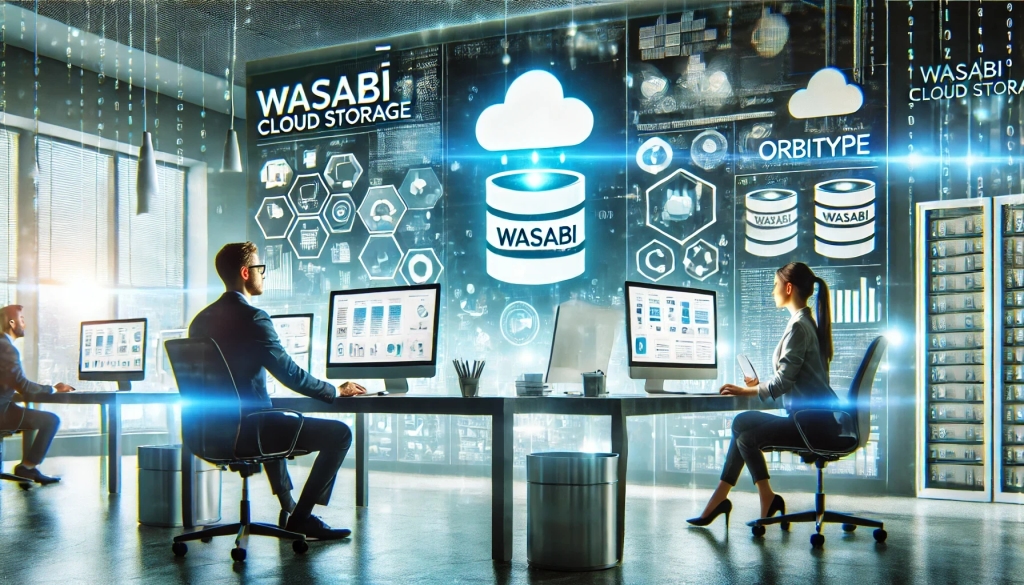
Seamless Data Management: Integrating Wasabi Cloud Storage with Orbitype
Boost your CMS performance with Wasabi Cloud Storage and Orbitype integration. Learn how this cost-effective, scalable solution enhances data management and delivers exceptional results.
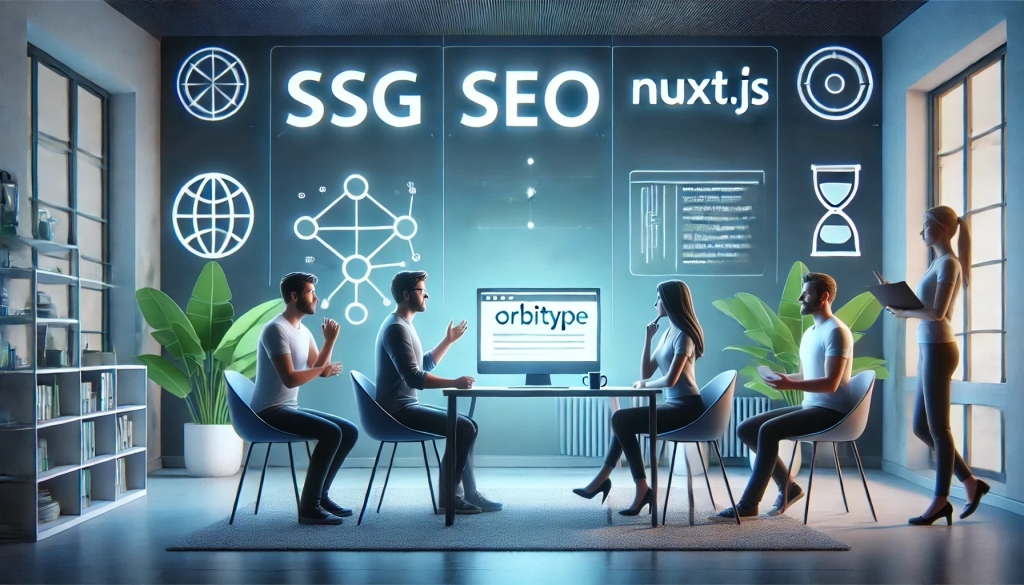
Integrating Orbitype with Nuxt.js for Optimal Performance and SEO
Leveraging Orbitype, a robust headless CMS, with Nuxt.js, a Vue.js framework, provides developers a powerful solution for building fast, SEO-optimized websites. This blog post explores how the integration of Orbitype and Nuxt.js harnesses the benefits of static site generation (SSG) and server-side rendering (SSR), thanks to Orbitype's API-driven content management system.
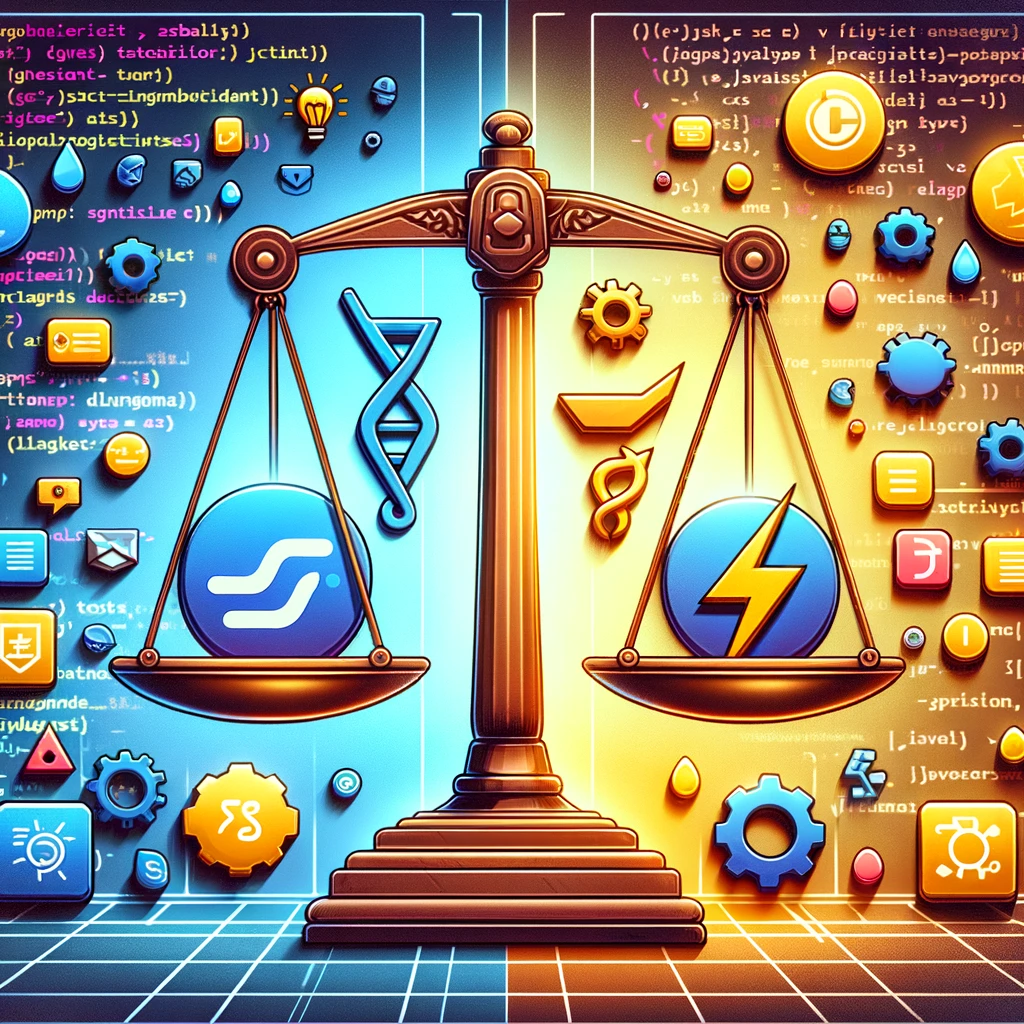
TypeScript vs. JavaScript
Discover the synergy between TypeScript and JavaScript for web development. Learn how Orbitype supports Nuxt CMS, headless CMS for Nuxt, and future-ready digital trends.
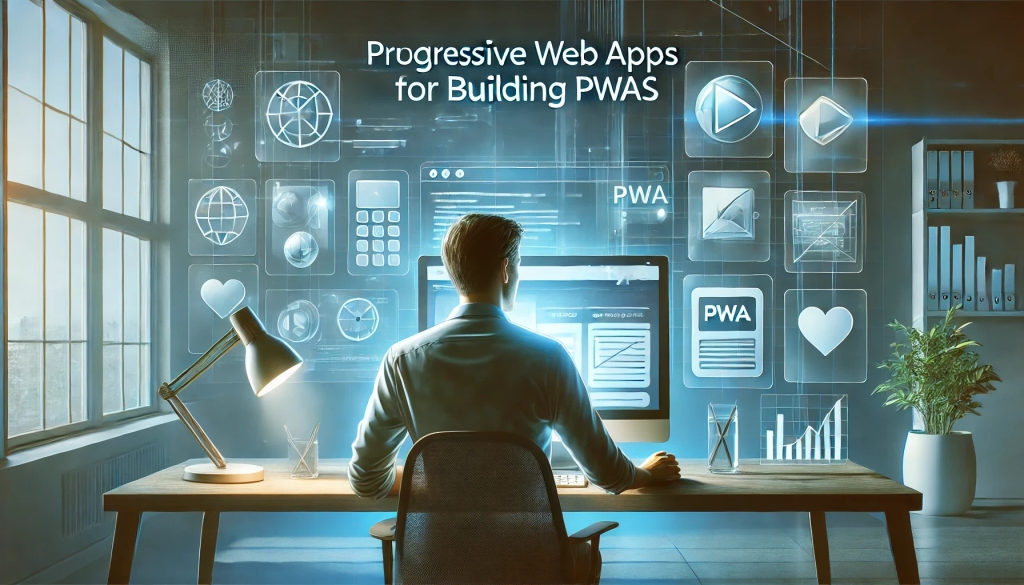
Building Progressive Web Apps (PWAs) with Orbitype
Explore how Orbitype enhances Progressive Web Apps (PWAs) with optimized performance, offline capabilities, and seamless content management for superior user experiences.
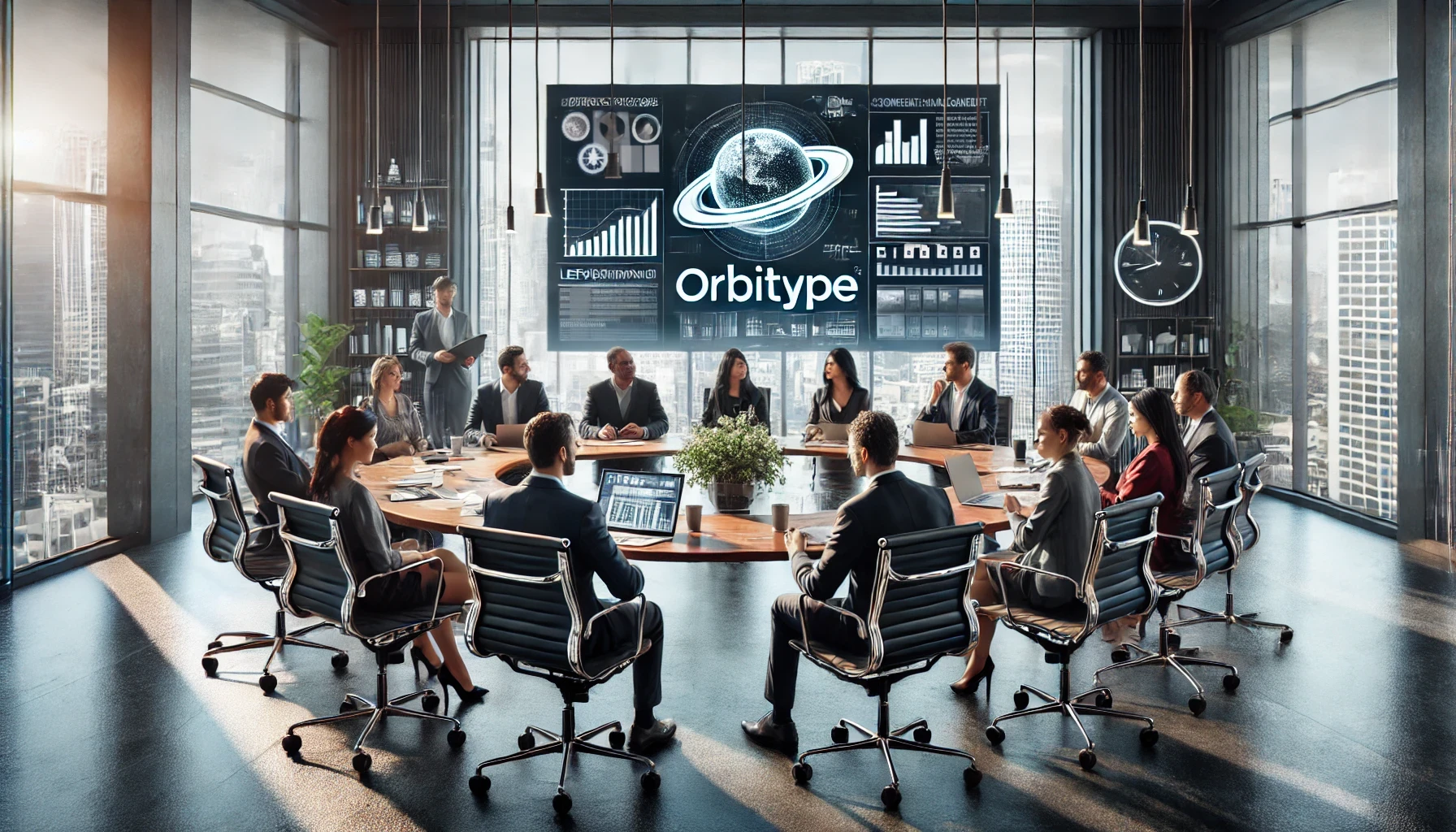
Leveraging Orbitype for Efficient Content Management in E-Commerce
nhance your e-commerce performance with Orbitype CMS. This scalable headless CMS simplifies content management, boosts SEO, and seamlessly integrates with Shopify, WooCommerce, and Magento for dynamic, flexible solutions.

Mastering Third-Party Integrations with a Headless CMS for Efficient Workflows
Streamline workflows and scale your business with seamless third-party integrations using Orbitype's flexible headless CMS—designed for efficiency, automation, and growth.
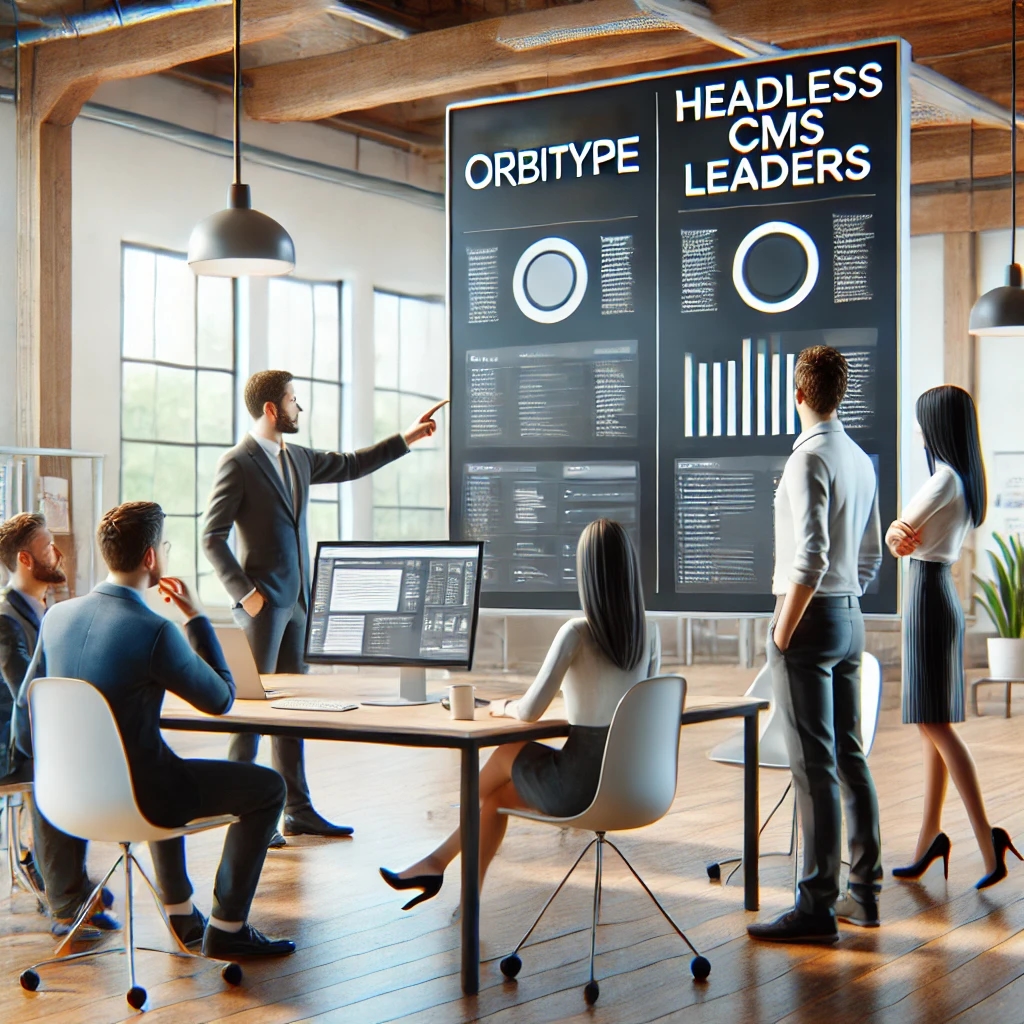
How Orbitype Compares to Headless CMS Leaders in 2025
Struggling to choose the best CMS? Discover how Orbitype compares to headless CMS leaders in 2025, solving complexity and scalability challenges with ease. Try Orbitype!
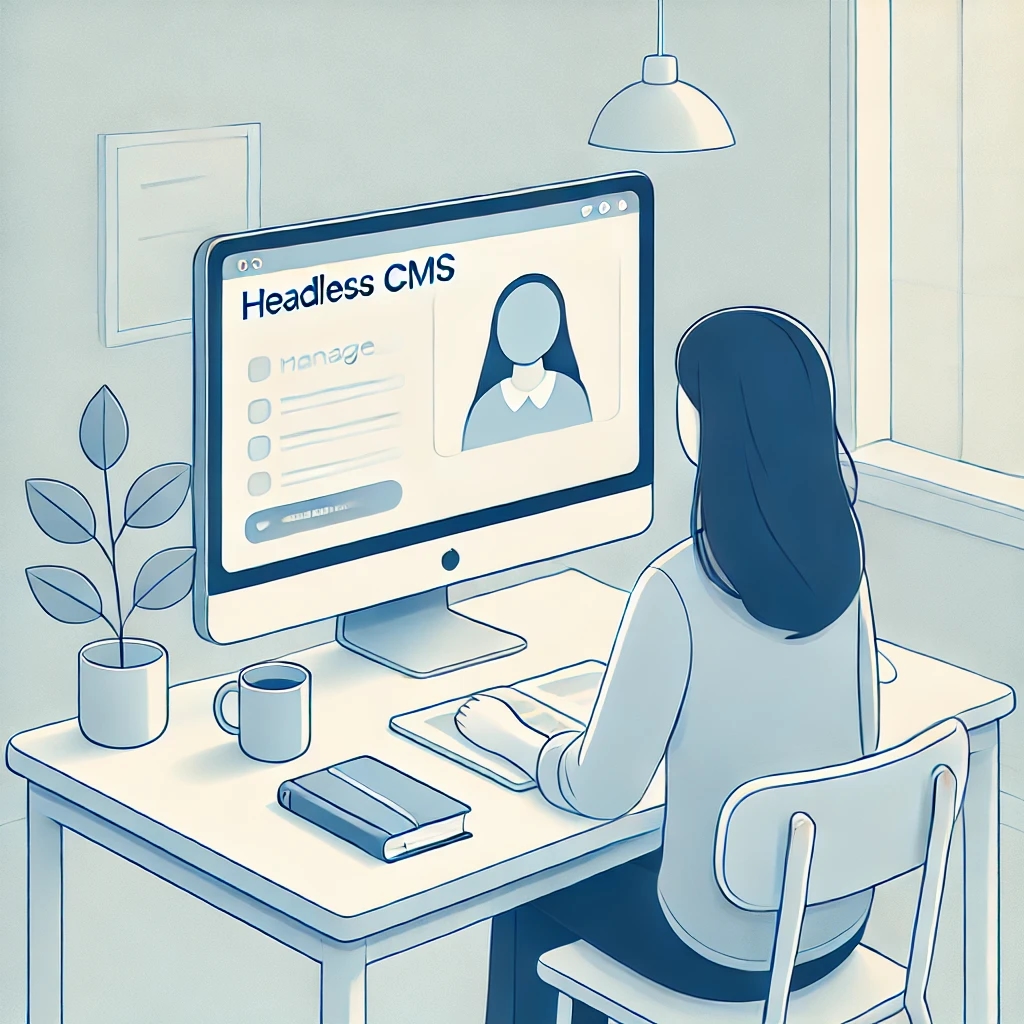
How Educational Institutions Benefit from Headless CMS for Online Learning
Enhance online learning with a Headless CMS. Discover how centralized content management, scalability, and seamless multi-channel access can transform educational platforms.
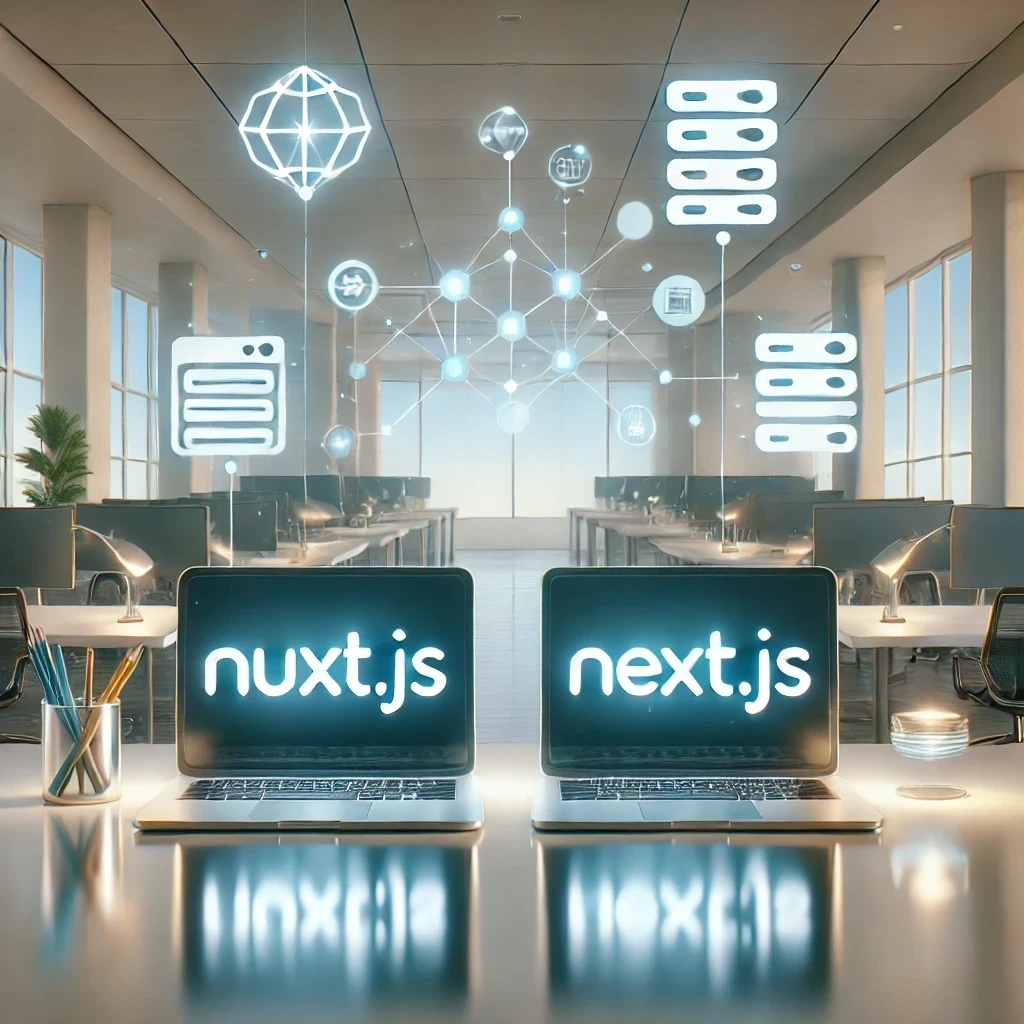
Nuxt vs Next: Which Framework Works Best with Headless CMS?
Compare Nuxt.js and Next.js to find the best frontend framework for your Headless CMS. Discover which offers better performance, scalability, and flexibility for dynamic web projects.
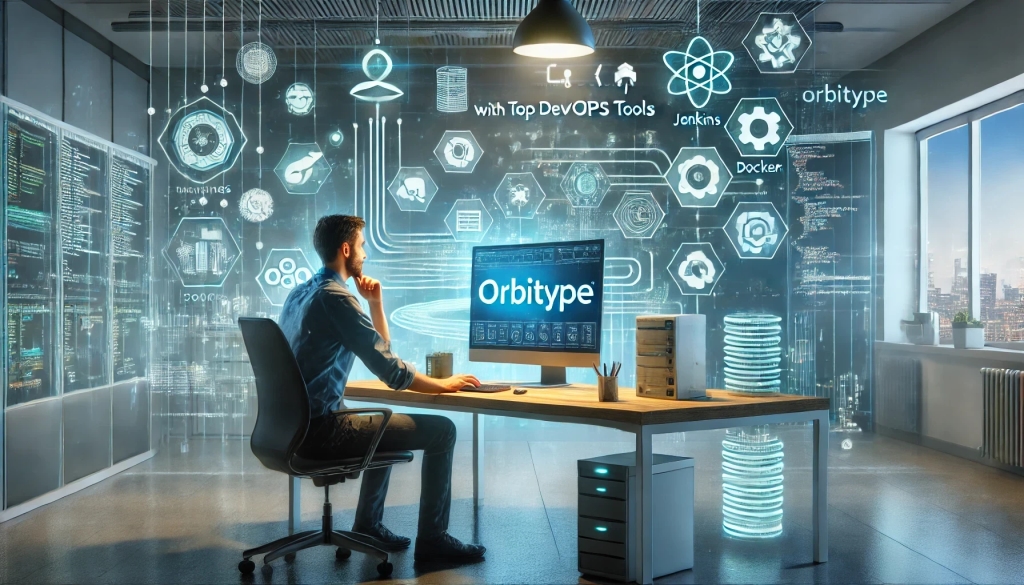
Streamlining Development: Integrating Orbitype with Top DevOps Tools
Discover how to integrate Orbitype with leading DevOps tools like Jenkins, Docker, and Kubernetes. Learn best practices for automating deployments, containerizing Orbitype, and scaling efficiently while streamlining workflows for continuous integration and delivery.
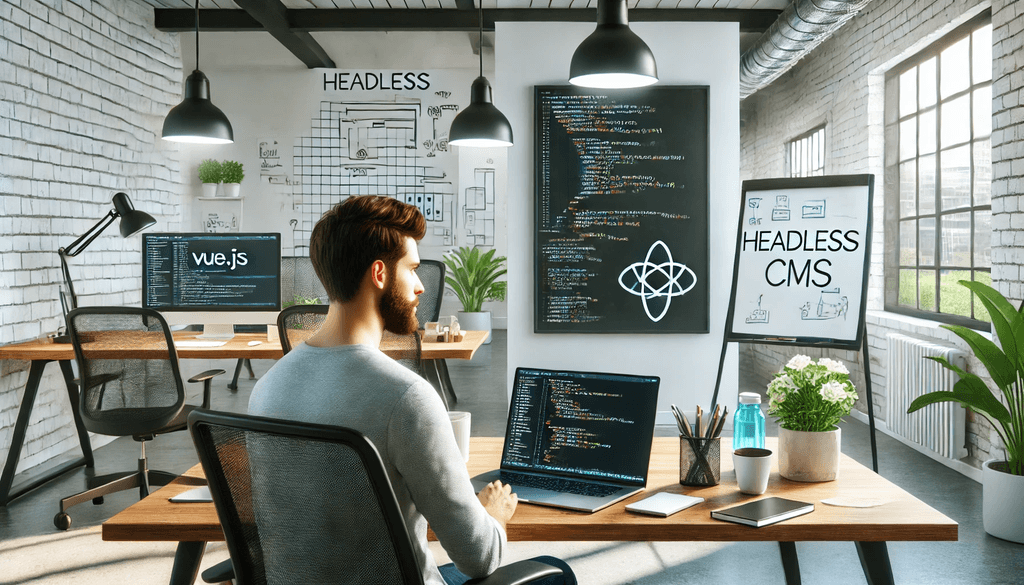
Building High-Performance Vue Apps with a Headless CMS
Discover how to optimize Vue.js apps with a Headless CMS for high performance, scalability, and SEO. Learn best practices and tools for creating dynamic web apps.

SQL or NoSQL: What's Best for Mobile Applications Using Orbitype?
Explore Orbitype, the ultimate headless CMS for React developers, offering seamless content management, enhanced performance, and flexibility to create dynamic web applications with ease. Learn how Orbitype simplifies workflows and boosts productivity.
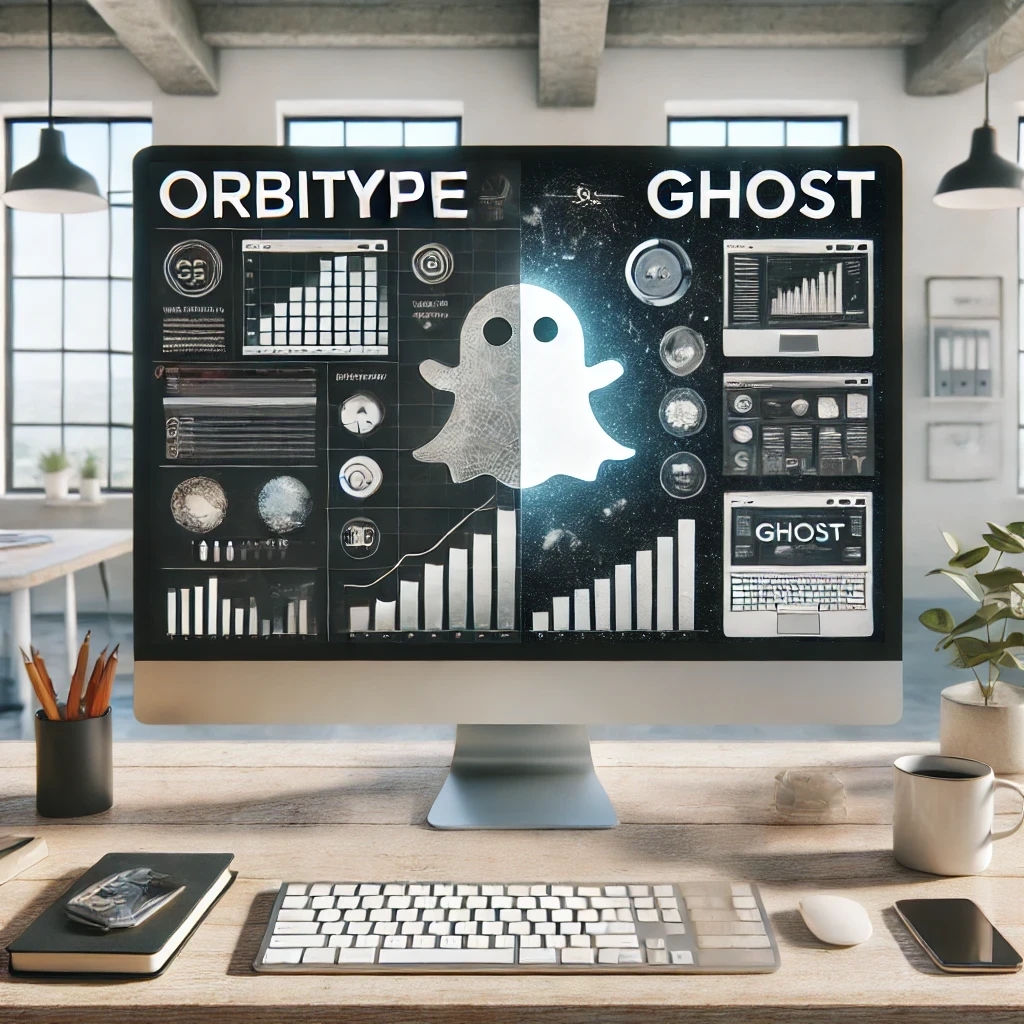
Comparing Orbitype and Ghost: Best CMS for Blogging in 2025
Compare Orbitype and Ghost to find the best CMS for blogging in 2025. Discover which platform suits your goals, from scalability to simplicity and dynamic content
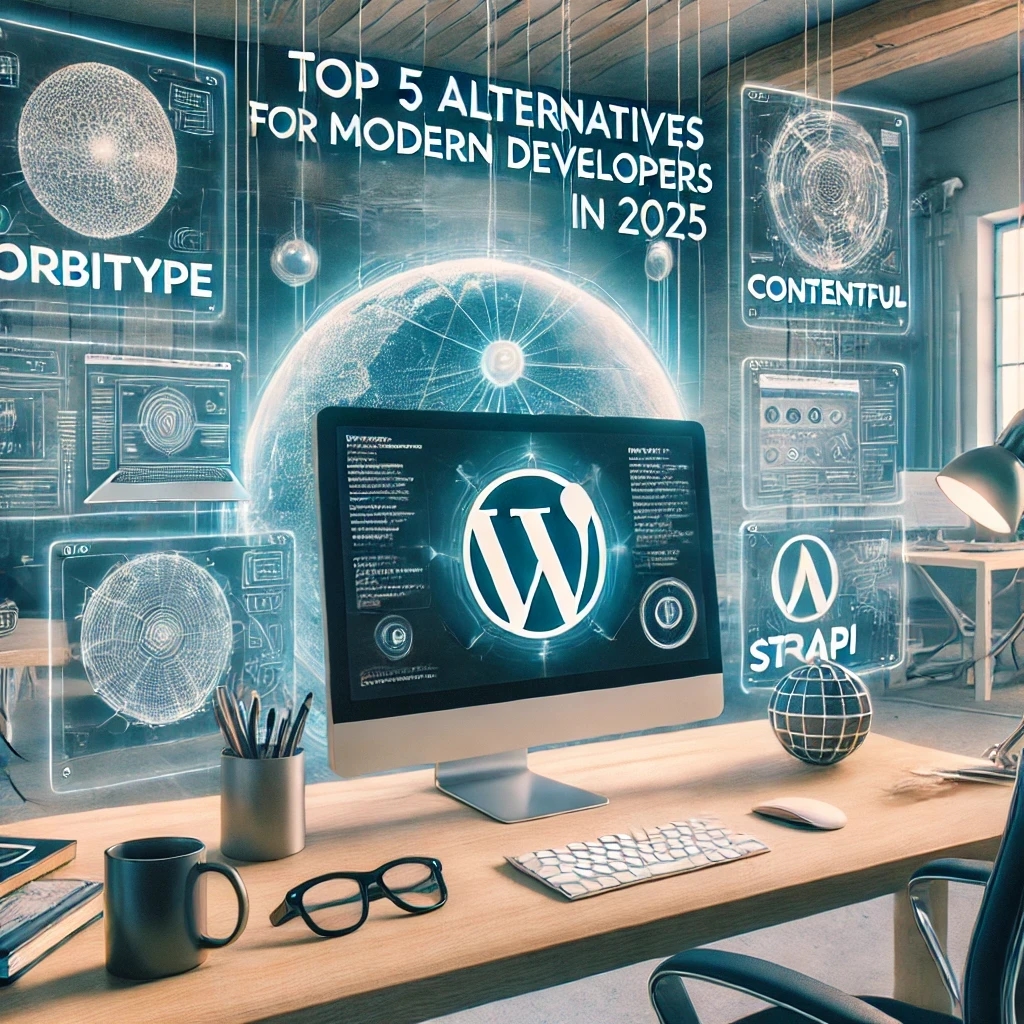
Top 5 Alternatives to WordPress for Modern Developers in 2025
Discover the top WordPress alternatives for 2025, including Orbitype, Contentful, and Strapi. Explore modern CMS platforms offering scalability, flexibility, and cutting-edge tools for developers.

Security and Compliance in Headless CMS: Focus on Orbitype
Explore headless CMS security with Orbitype: advanced authentication, data encryption, and compliance with GDPR & CCPA. Learn best practices for secure CMS operations.

10 Tips for Optimizing Core Web Vitals in Headless CMS Websites
Discover 10 actionable tips to optimize Core Web Vitals for Headless CMS websites. Improve performance, SEO, and user experience with these essential strategies.
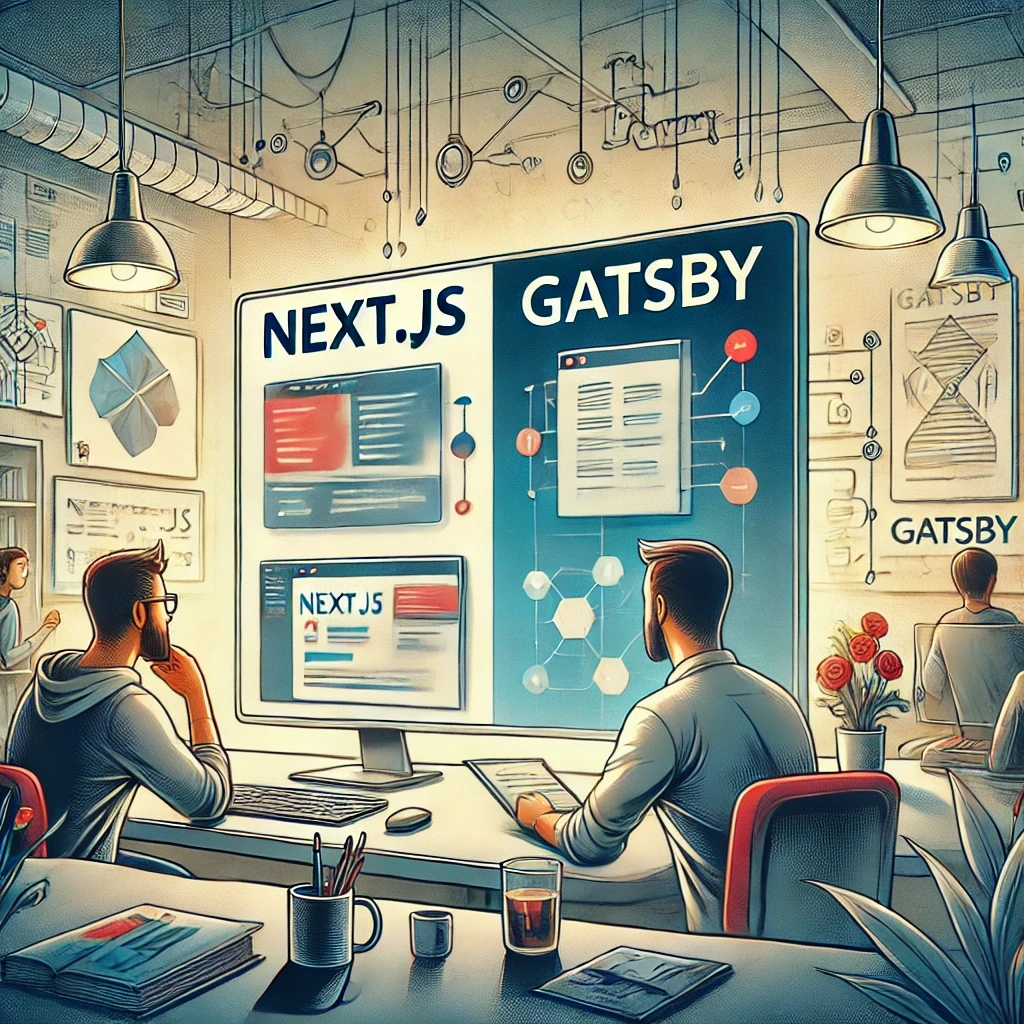
Next.js vs Gatsby: Which Works Best With a Headless CMS?
Choosing between Next.js and Gatsby can be challenging when working with a Headless CMS. This guide breaks down their strengths and helps you decide which framework works best for your dynamic or static content needs.

CMS for Vue.Js - Orbitype Headless CMS
Explore Orbitype, the best Headless CMS for Vue.js, offering seamless API integration, dynamic content management, and unmatched performance for interactive front-end development.
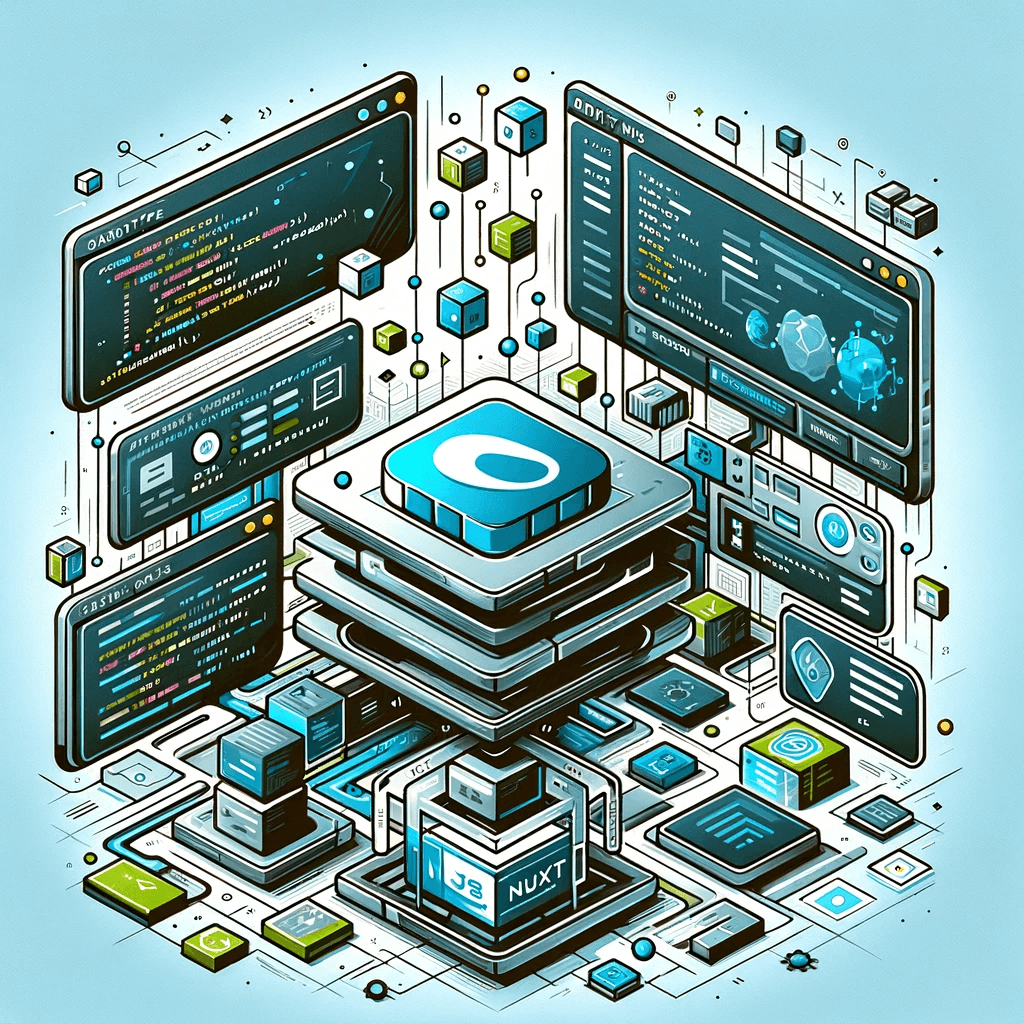
CMS for Nuxt - Orbitype Headless CMS
Optimize your Nuxt.js projects with Orbitype, the API-first Headless CMS offering scalable content management, multimedia repositories, and enhanced SEO for modern web applications.

Best Headless CMS Solutions for Portfolio and Personal Websites
Showcase your work with ease using Orbitype—the ultimate Headless CMS for portfolio and personal websites. Enjoy seamless integration, powerful customization, and SEO-friendly features designed for creators and developers.
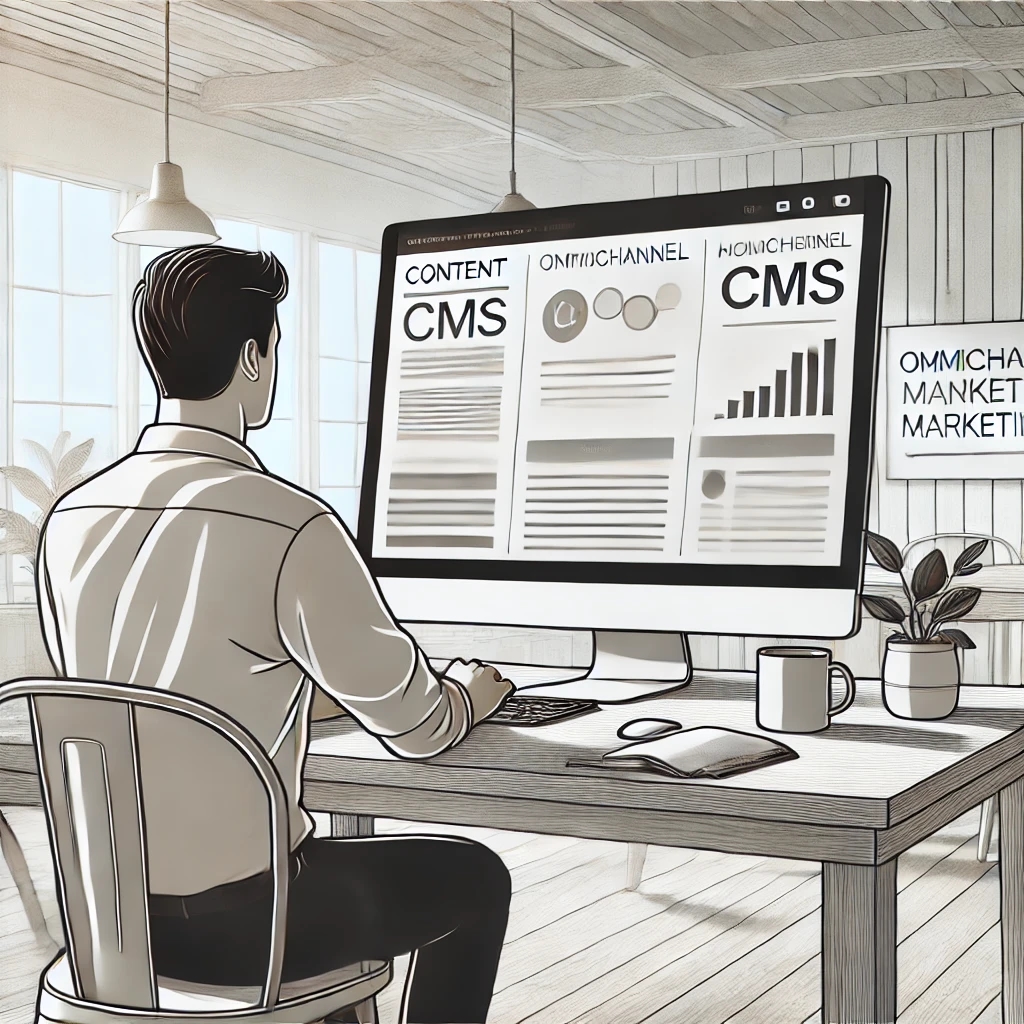
How Headless CMS Empowers Omnichannel Marketing Strategies
Boost your omnichannel marketing strategy with a Headless CMS. Centralize content management, deliver personalized customer experiences, and ensure consistency across platforms.
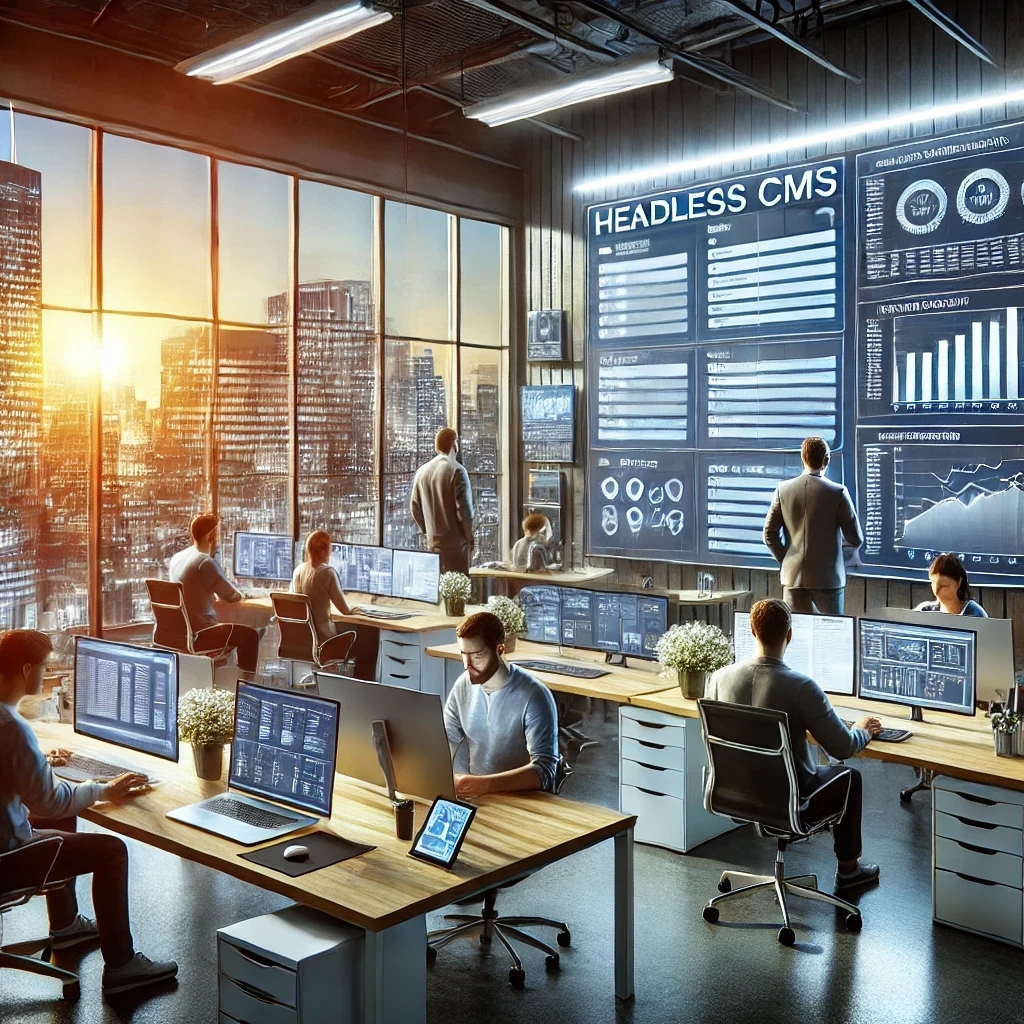
How to Scale Your Website with a Headless CMS for High Traffic
Scale your website effortlessly with a headless CMS like Orbitype—achieve faster load times, seamless scalability, and reliable performance during high-traffic surges

CMS for React - Orbitype Headless CMS
Orbitype is the ideal CMS for React developers, combining seamless API integration, flexible content management, and scalability to create fast, dynamic, and customizable web applications effortlessly.
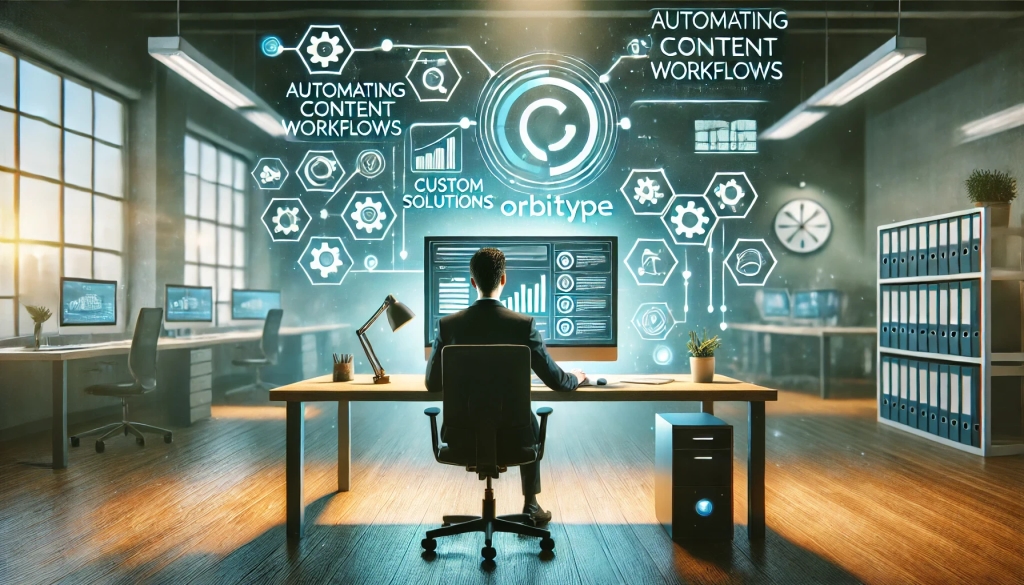
Automating Content Workflows with Orbitype’s Custom Solutions
Discover how Orbitype's custom CRM and ERP solutions revolutionize content workflows. Automate processes, reduce manual tasks, and improve productivity for software development agencies with tailored tools for seamless collaboration and efficiency.